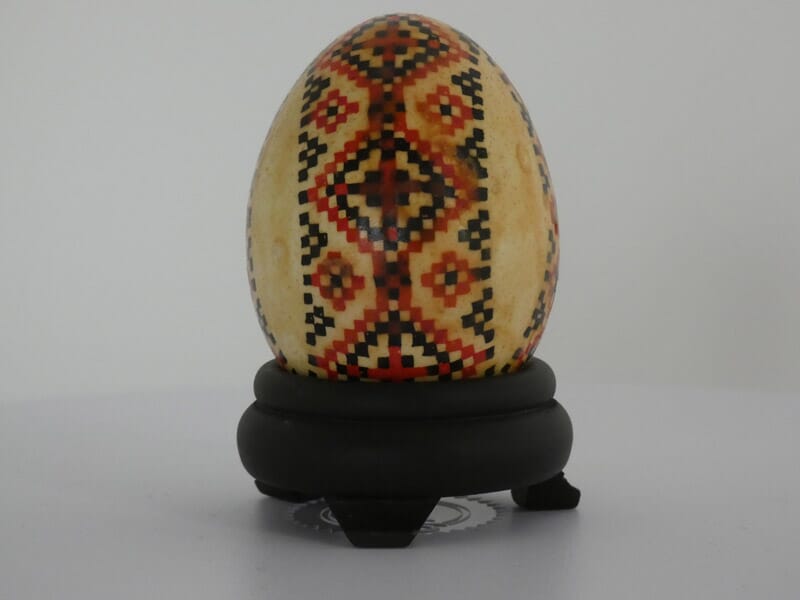
Ukrainians have been creating pysanky, decorative eggs produced using a wax resist method, for countless generations. Pysanky take their name from the Ukrainian word ‘pysaty’ meaning ‘to write’ in reference to the method used by artists as they draw or ‘write’ their designs onto the eggshell.
Read More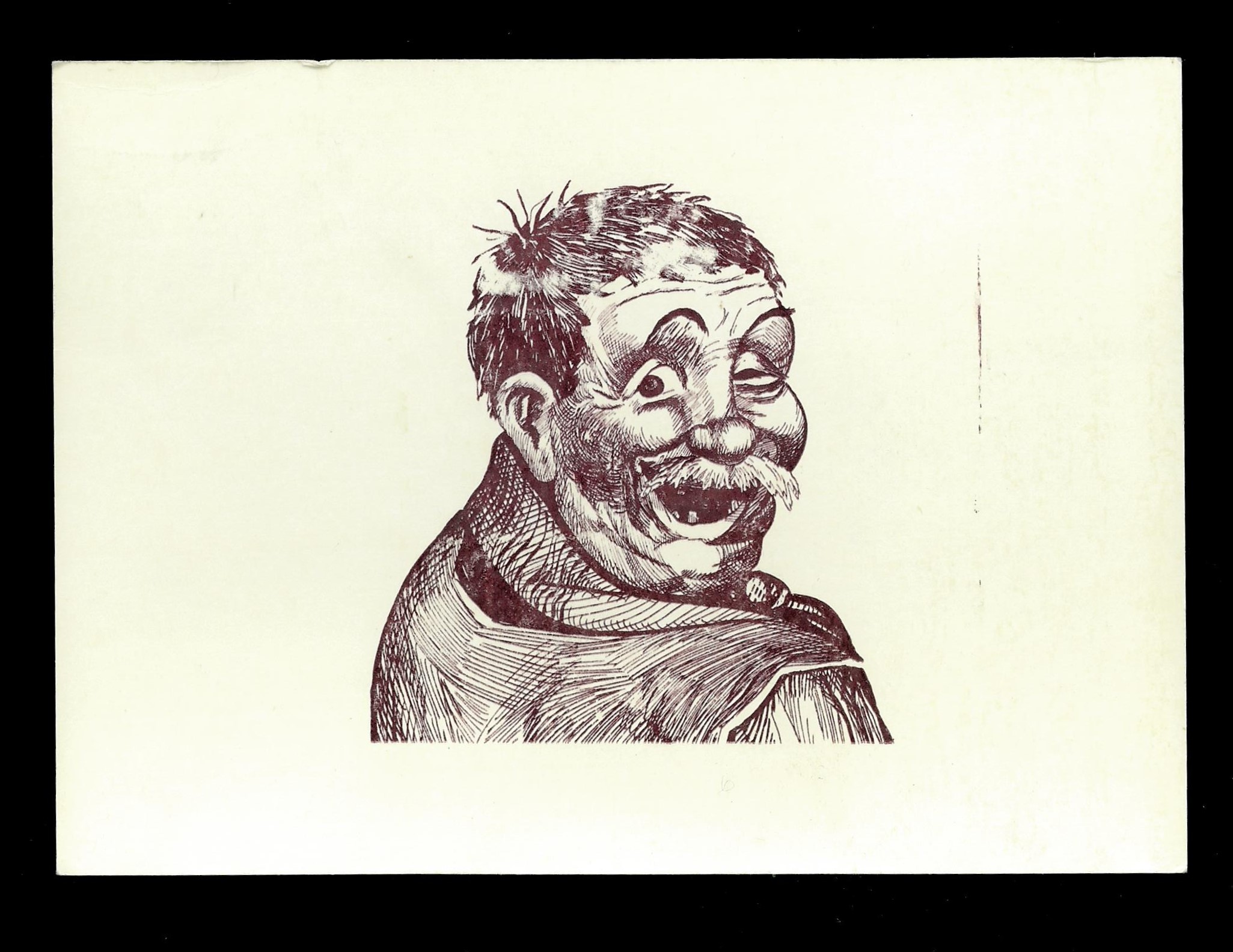
Jacob Maydanyk Archival Collection Did you know that one of the earliest comic books published in Canada was published by a Ukrainian here in Winnipeg? The multi-talented artist behind the book, Jacob Maydanyk, donated his collection to Oseredok, and our most recent archival project includes the cataloguing, digitization, and creation of finding aids for…
Read More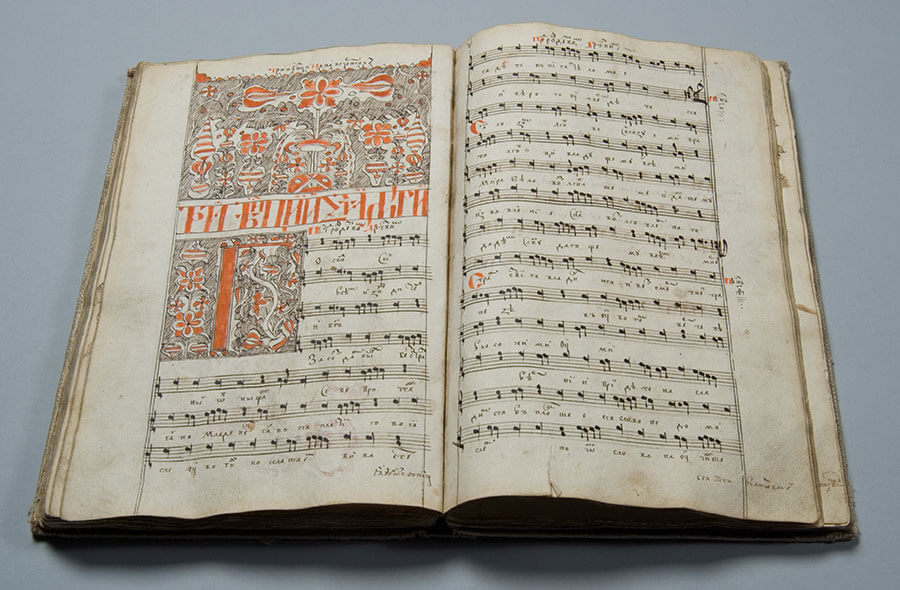
This Irmologion – a Church Songbook used in Eastern Orthodox and Eastern Catholic Churches which follow the Byzantine Rite is one of the oldest (1733) books in Oseredok’s rare book collection. It contains the text of irmosy, short hymns that introduce Biblical canticles or songs of praise during morning church services and during more important…
Read More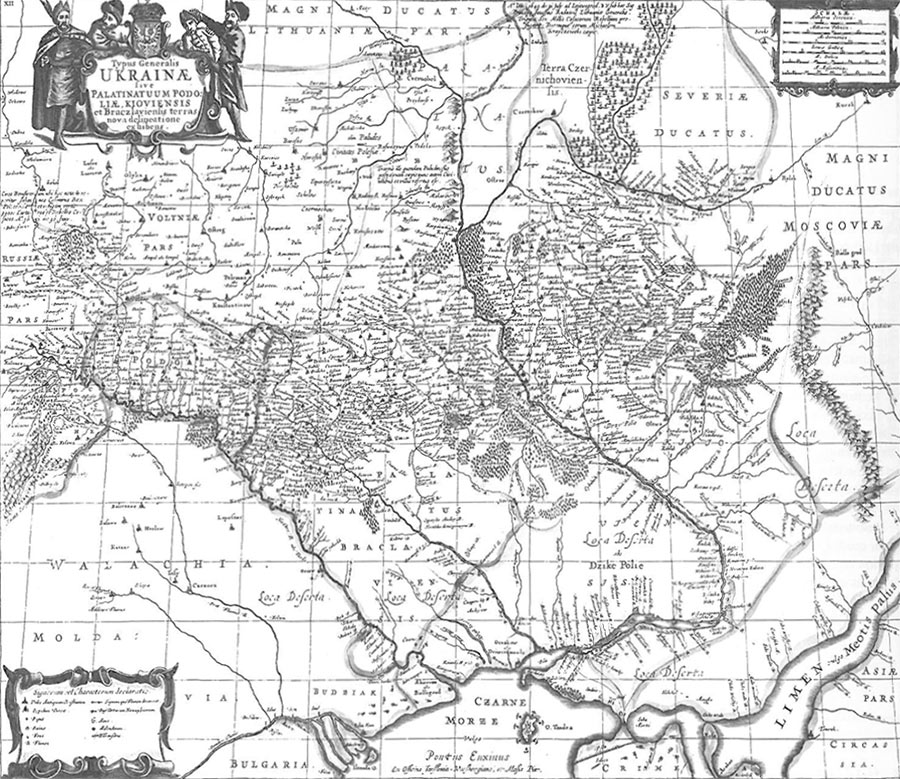
This Typus Generalis Ukrainae sive Palatinatuum Podoliae, Kioviensis et Braczlaviensis terrs nova delineatione exhibens. (London), Jansson-Moses Pitt, (1680), map is Moses Pitt’s edition of Beauplan’s “general map of Ukraine”. Beauplan’s map was originally engraved by H. Hondius of Gdansk in 1648. The cartographer Guillaume le Vasseur de Beuplan was a Frenchman who, in 1630, enlisted…
Read More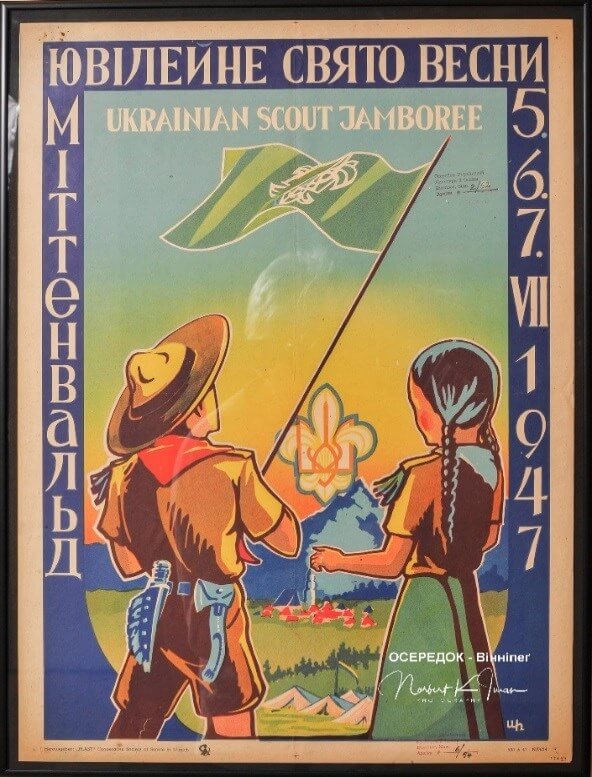
This summer Plast Ukrainian Scouting Association is holding an international jamboree near Mittenwald, Germany exactly 50 years since it held its first jamboree outside Ukraine near this city. The occasion in 1947 was the celebration of the 35th anniversary of Plast. Between 1945 and 1948 Plast functioned in approximately 80 Displaced Persons (DP) camps in…
Read More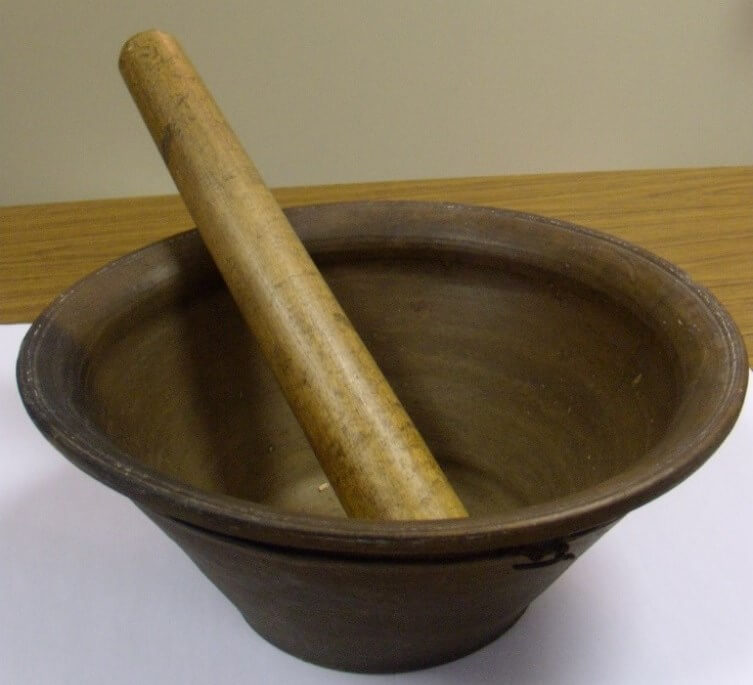
Poppy seed (mak) is one of the main ingredients for kutia, the quintessential Ukrainian Christmas Eve dish that is usually served at the beginning of a meal of 12 meatless dishes. Preparing the mak is a labour intensive process, traditionally requiring the use of a makitra and a makohin. A makitra is a large earthenware…
Read More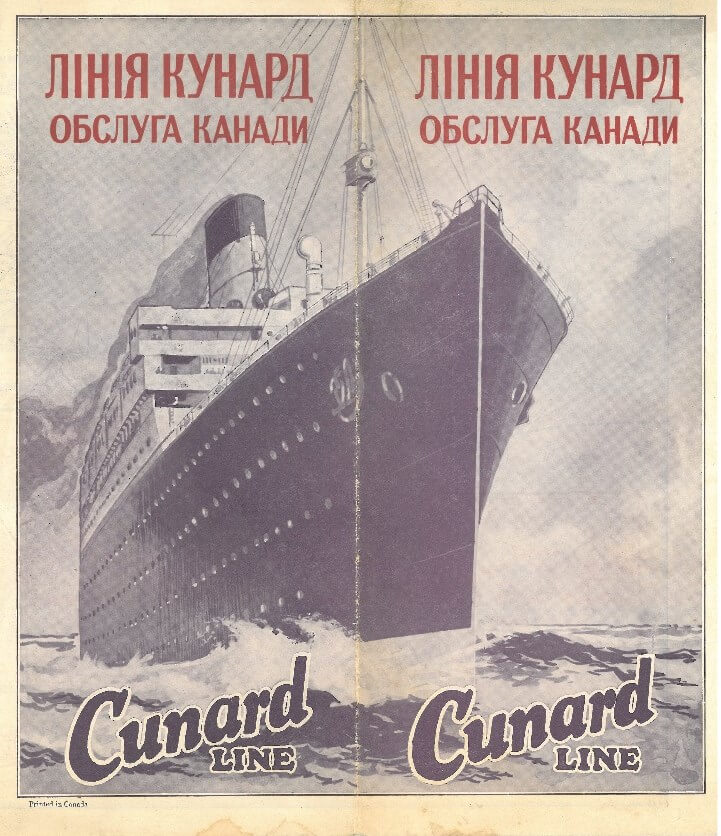
Immigration was and is a serious business and, in its day, Cunard Line was in the immigration business. Take this Cunard Line brochure for example. Published in the late 1920s in Ukrainian, it offers an insight into the company’s thinking about services. Cunard Line, an Anglo-American steamship company, had offices in every major Canadian urban…
Read More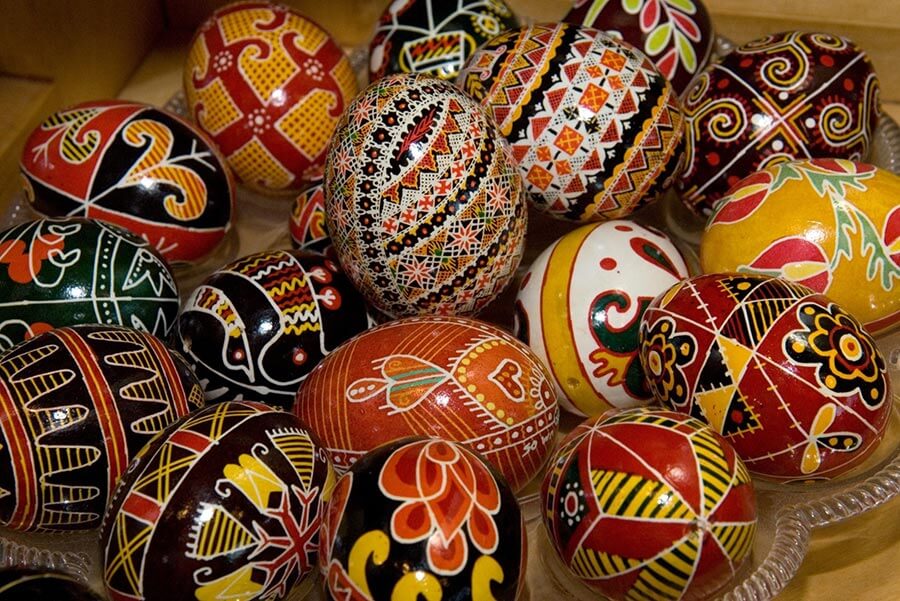
Not all broken pysanky are lost to posterity. An unusual pysanka written by Tetiana Koshetz (1892-1966) has been preserved by fusing its retrievable fragments with beeswax to reconstruct her creation. This pysanka incorporates traditional motifs, such as the sun, the church and the bezkonechnyk, literally a line without a beginning or end representing the flow…
Read MoreDOWNLOAD INFORMATION FOR RESEARCHERS PDF format or DOCX format
ЗАВАНТАЖИТИ ІНФОРМАЦІЮ ДЛЯ ДОСЛІДНИКІВ форматі PDF або форматі DOCX
Oseredok accepts donations into our various collections. If you wish to make a donation, please
advise this Guide to Donating.
Library Donations:
In light of the ongoing COVID-19 Pandemic, a temporary moratorium on donations into the Ukrainian Cultural and Educational Centre’s Library collection will be in effect October 1st 2020 until October 31st 2021. This moratorium will allow UCEC to improve accessibility, strengthen existing resources, and gain control over the current and future needs of Library’s collection. A collecting moratorium, a practice done by similar collecting institutions, is a temporary period where in an institution does not accept materials into their collections. During UCEC’s temporary moratorium, unsolicited or proposed materials will not be accepted into our Library. Please contact UCEC about a proposed donation of library materials, as these materials may be reviewed at the end of this temporary moratorium. Thank you.
Would you like to volunteer with Oseredok’s collections? Please visit our Volunteer page
Click here to learn more about Oseredok from the article by Thomas M. Prymak, PhD, a research Associate at the Chair of Ukrainian Studies, Department of History and Political Science, University of Toronto